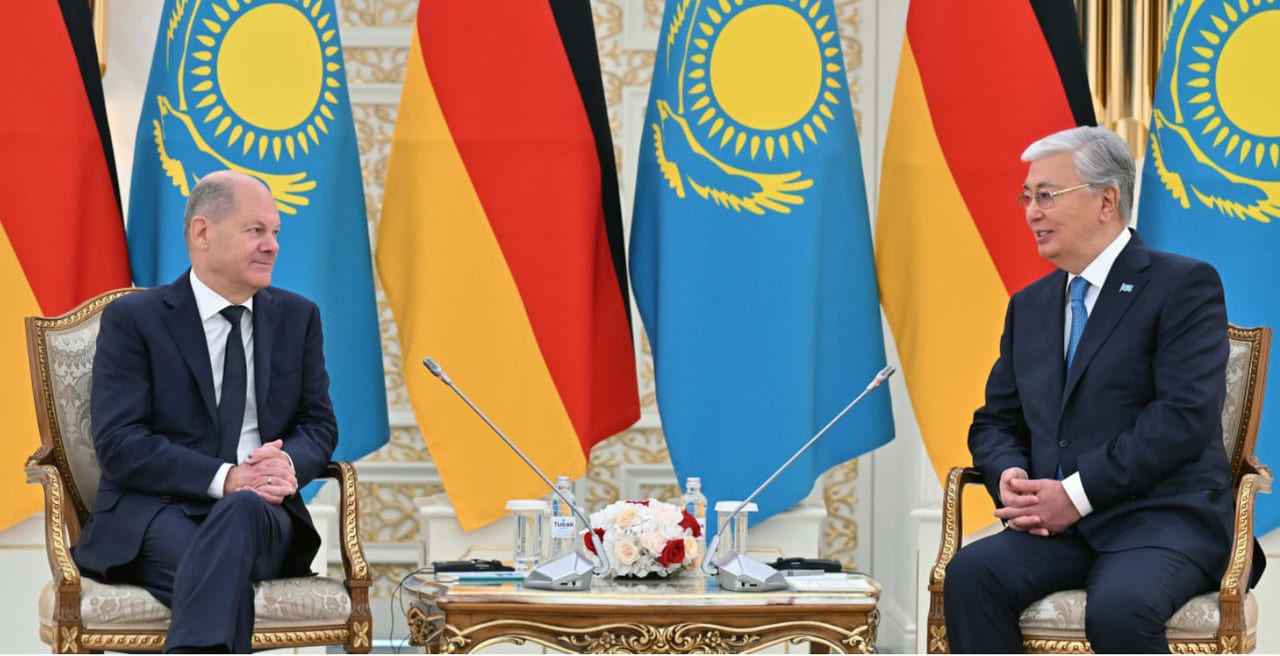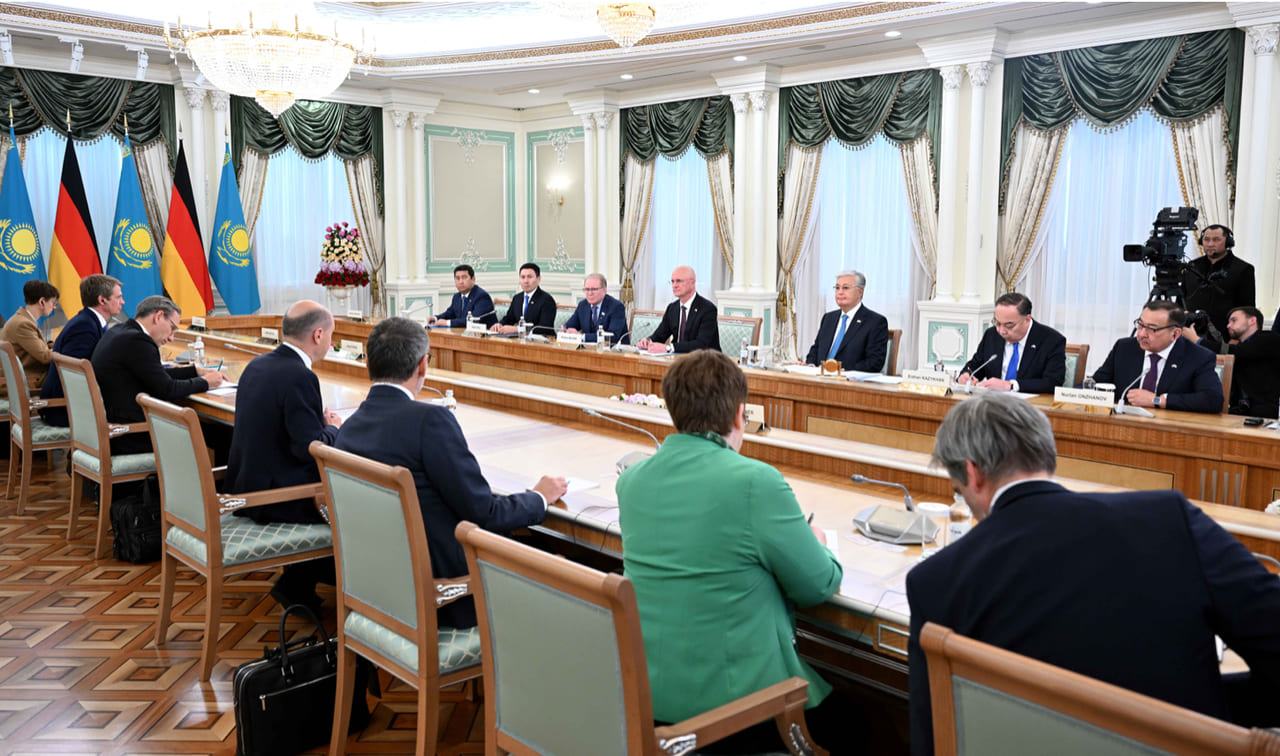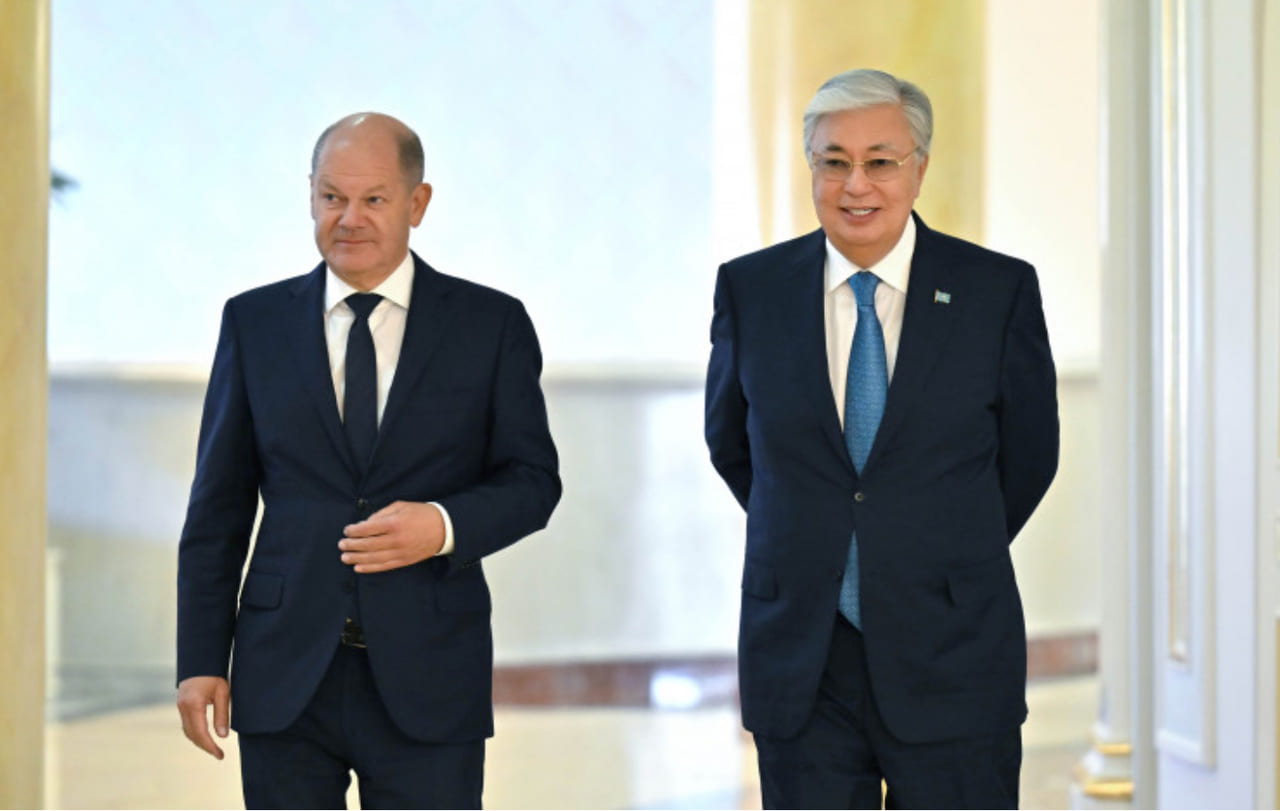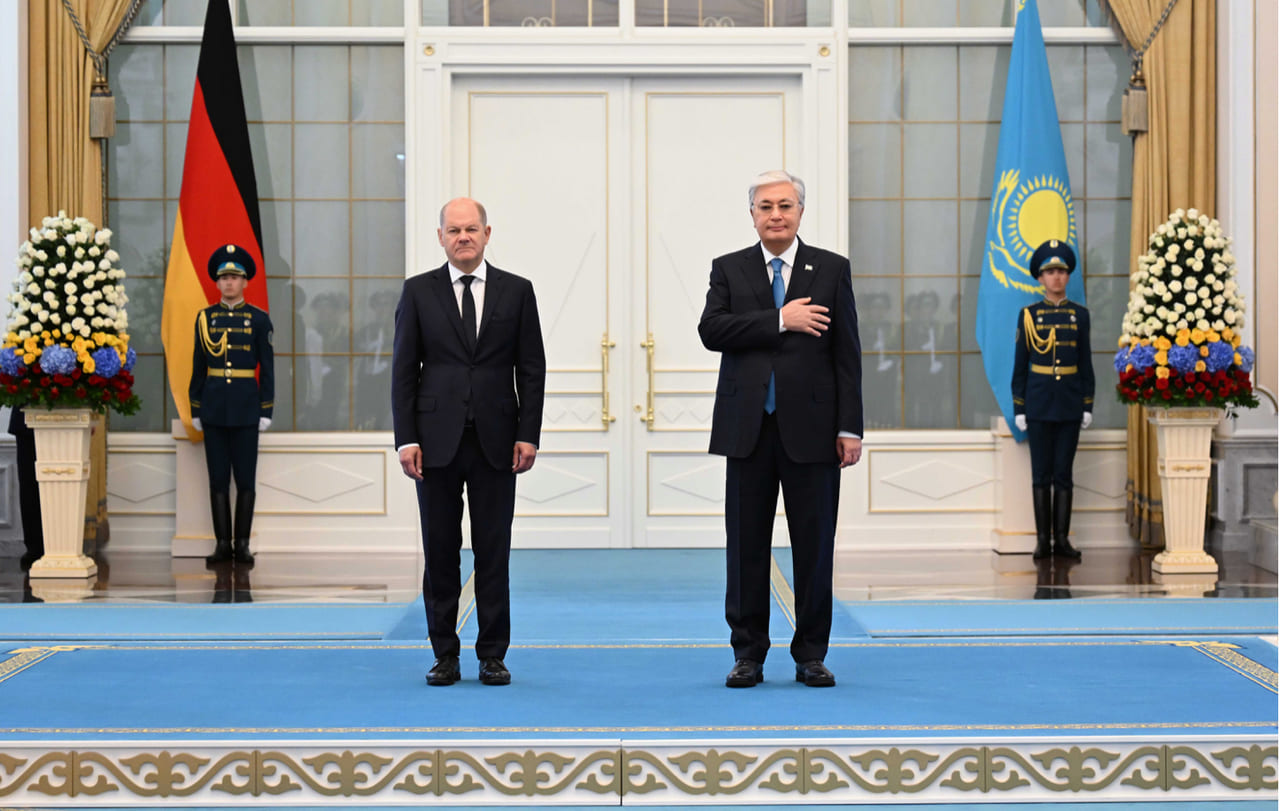Kazakhstan and Germany have reaffirmed their commitment to deepening their longstanding diplomatic and friendly relations, which have spanned over 32 years. Both nations recognize the importance of political, economic, cultural, humanitarian, climate, and environmental cooperation and are dedicated to advancing bilateral relations in various sectors.

In the political sphere, Kazakhstan and Germany expressed satisfaction with recent high-level visits and pledged to maintain active political dialogue through regular contacts. Both countries committed to engaging in international and regional events to further strengthen their dialogue. They also underscored their cooperation within international organizations, such as the United Nations (UN) and the Organization for Security and Cooperation in Europe (OSCE), supporting each other's initiatives and candidacies. The two sides reaffirmed their commitment to international law, democracy, human rights, and the rule of law as the foundation of their bilateral relationship.
Kazakhstan and Germany plan to enhance parliamentary diplomacy by supporting mutual visits of representatives from both countries' legislative bodies, including Kazakhstan's Majilis and Senate and Germany's Bundestag and Bundesrat. They aim to hold regular consultations at international parliamentary events.
Legal cooperation is also a key area, with both sides planning to exchange expertise on legislative procedures, human rights protection, judicial systems, and constitutional jurisdiction. The German Foundation for International Legal Cooperation (IRZ) will play a role in organizing seminars and mutual visits. Kazakhstan and Germany will work on implementing commitments related to human rights and the rule of law in collaboration with international bodies.

The countries highlighted the importance of their partnership in the “Central Asia + Germany” format, emphasizing the success of recent summits held in Berlin and Astana. They committed to continuing cooperation in areas such as the economy, energy, sustainability, climate change, and people-to-people exchanges. Both sides welcomed the adoption of a Regional Strategy for Adaptation to Climate Change in Central Asia, developed with Germany’s assistance under the Green Central Asia initiative.
Security cooperation is a priority, with Kazakhstan and Germany supporting the exchange of experience in combating transnational crime, terrorism, and drug trafficking. The regional project “Preventing Violent Extremism in Central Asia,” conducted with the support of the German Society for International Cooperation (GIZ), was praised as a valuable initiative.
Economic collaboration between Kazakhstan and Germany will be further advanced through events like the Days of the Kazakh Economy in Germany and bilateral formats such as the Intergovernmental Working Group on Trade and Economic Cooperation. Both nations are exploring the signing of a statement on good corporate governance of state-owned enterprises and plan to continue fostering creative industries. Energy cooperation will continue, with a focus on ensuring Germany’s energy security, green hydrogen, decarbonization, and renewable energy integration. The parties highlighted the successful supply of Kazakh oil to Germany’s Schwedt refinery.

Kazakhstan is committed to adopting international standards in its mining industry, particularly those related to environmental, social, and governance (ESG) principles. Both countries are keen to collaborate in raw materials, technology, and industry, with a particular focus on joint projects for natural resource development and geological research.
On climate and environmental matters, Kazakhstan and Germany reiterated their commitment to the Paris Agreement and pledged to enhance their cooperation on green skills, energy transition, sustainable urban development, and forest monitoring. The countries are also interested in creating a special nature reserve around the Aral Sea and improving water management in the region.
Transport and logistics were identified as important areas for further cooperation, especially regarding the development of the Middle Corridor (Trans-Caspian International Transport Route). Both sides emphasized the importance of sustainable supply chains and encouraged German companies to invest in key infrastructure projects in Kazakhstan’s airports and ports.

In agriculture, the parties recognized the positive impact of the German Agricultural Centre in Kazakhstan, which has contributed to improving sustainable agricultural practices and milk production. They welcomed continued cooperation in this area.
Kazakhstan and Germany also support the exchange of expertise in digitalization, including e-government and public services. The countries are committed to enhancing scientific and technical cooperation through joint research projects and educational exchanges. They also agreed to expand the dissemination of the German language in Kazakhstan.
Cultural cooperation will be strengthened through joint cultural events, with a focus on fostering dialogue between religions and cultures. Both nations will support youth meetings, sports, and civil society engagement. The German side welcomed Kazakhstan’s visa-free regime for EU citizens, including Germans, for up to 30 days, and both parties plan to work on further visa simplifications.
The countries agreed to continue their technical cooperation under the Agreement on Technical Cooperation of November 26, 1997, with automatic annual extensions. This Declaration of cooperation is intended as a guideline for future relations and may be amended by mutual consent. Either party can terminate the cooperation with six months' notice.
Follow Daryo's official Instagram and Twitter pages to keep current on world news.
Comments (0)